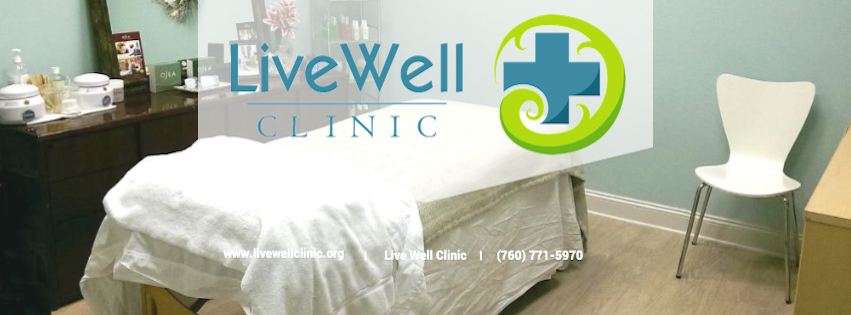Pink Ribbon Month- Celebrating Breast Cancer Awareness and Support
By Sonja N. Fung, ND
Cancer. There is hardly another word that evokes such powerful emotions. One word can throw us into the depths of confusion or spur us to impact our lives and the lives of others in such a profound way. Breast cancer is the most frequently diagnosed cancer in women in the
Cancer is complicated. Many factors contribute to a person developing cancer. Just by being a woman, our risk increases. Even though we know some of the factors that can lead to developing cancer, there is no definitive answer as to why breast cancer develops in some women and not others. Some risk factors we have no control over, such as getting older and family history. That being said, there are risk factors that we can control, such as maintaining a healthy weight, exercising regularly, limiting alcohol intake, and eating a balanced nutritional diet.
| Increased risk factors | Decreased risk factors |
| Age | Breastfeeding |
| Being female | Maintaining healthy body weight |
| BRCA1 or BRCA2 gene mutations | Keeping alcohol consumption low |
| Personal history of breast cancer or benign breast disease | Maintaining regular exercise and activities |
| Family history of breast or ovarian cancer * One or more immediate family members | Decreasing saturated fat intake |
| High breast density | Increasing fruit and vegetable intake |
| Not having children or having first child after age 35 | Maintaining healthy blood sugar control |
| High levels of blood estrogen (pre and postmenopausal) | Eating a healthy, balanced diet |
| Radiation exposure or frequent X-rays during youth | |
| Long term birth control pills | |
| First menses <12>55 yo. | |
Know your body: be informed.
The most important step that a woman can take to reduce the risk of breast cancer is to familiarize yourself with your body. It is vital to do monthly self breast exams. If you know how your normal breast tissue look and feel, you can more easily detect any changes in that tissue and notify your doctor. Receiving bi-annual clinical breast exams is another step in early detection of any breast changes. The Susan Komen Foundation and the National Cancer Institute recommends that women with average risk of breast cancer receive a mammography every year to 2 years starting at age 40. For women with a strong family history of breast cancer, mammography screening should start earlier depending on how high the individual’s risk. Mammography is not as sensitive in younger women due to the denser breast tissue, but the mammogram can be followed up with a breast MRI for more accurate results.
Genetic screening is another way of accessing your risk for breast cancer, especially if there is a strong family history. Talk to your doctor about genetic tests for BRCA1 and BRCA2 gene mutations. Women with the BRCA1 and BRCA2 gene mutations have a 35-80% increased risk of developing cancer compared to 12% in women without the gene mutation. Again, just because you have the gene mutation does not mean you will develop breast cancer. Up to 40% of women with the BRCA1 gene mutation do not have breast cancer. Even with all the research that has been done on cancer, we still do not know how or why some people develop cancer and others do not.
What if I have breast cancer already?
If you are or have been diagnosed with breast cancer and are looking for additional resources, you probably have experienced the flood of information coming at you from the internet, friends, and family. Differentiating correct and false information can be confusing and overwhelming. Naturopathic doctors are experts in bridging the gap between conventional and integrative approaches to cancer care. They focus on working with your oncology team to maintain your quality of life, minimize potential side effects, and maintain your fighting spirit through a personalized plan, which includes diet and lifestyle modifications and appropriate herbal and nutritional supplementation.
Above all, believe in your body’s wisdom. Your body is as vital and as strong as your will. As Georg Groddeck writes, “One must not forget that recovery is brought about not by the physician, but by the sick man himself. He heals himself, by his own power, exactly as he walks by means of his own power, or eats, or thinks, breathes or sleeps.”
The doctors at Live Well Clinic believe in empowering women through education and knowledge by protecting themselves through regular breast exams. For Breast Cancer Awareness Month, in honor of the women who bravely fight cancer every day, we will be offering FREE CLINICAL BREAST EXAMS every Friday from
Dr. Sonja Fung is a naturopathic doctor at the Live Well Clinic in La Quinta, CA. She not only works for the prevention of breast cancer, but uses an integrative approach to support women who currently have breast cancer. For more information go to www.livewellclinic.org or call at 760-771-5970. Live Happy, Live Well.


Comments
Post a Comment